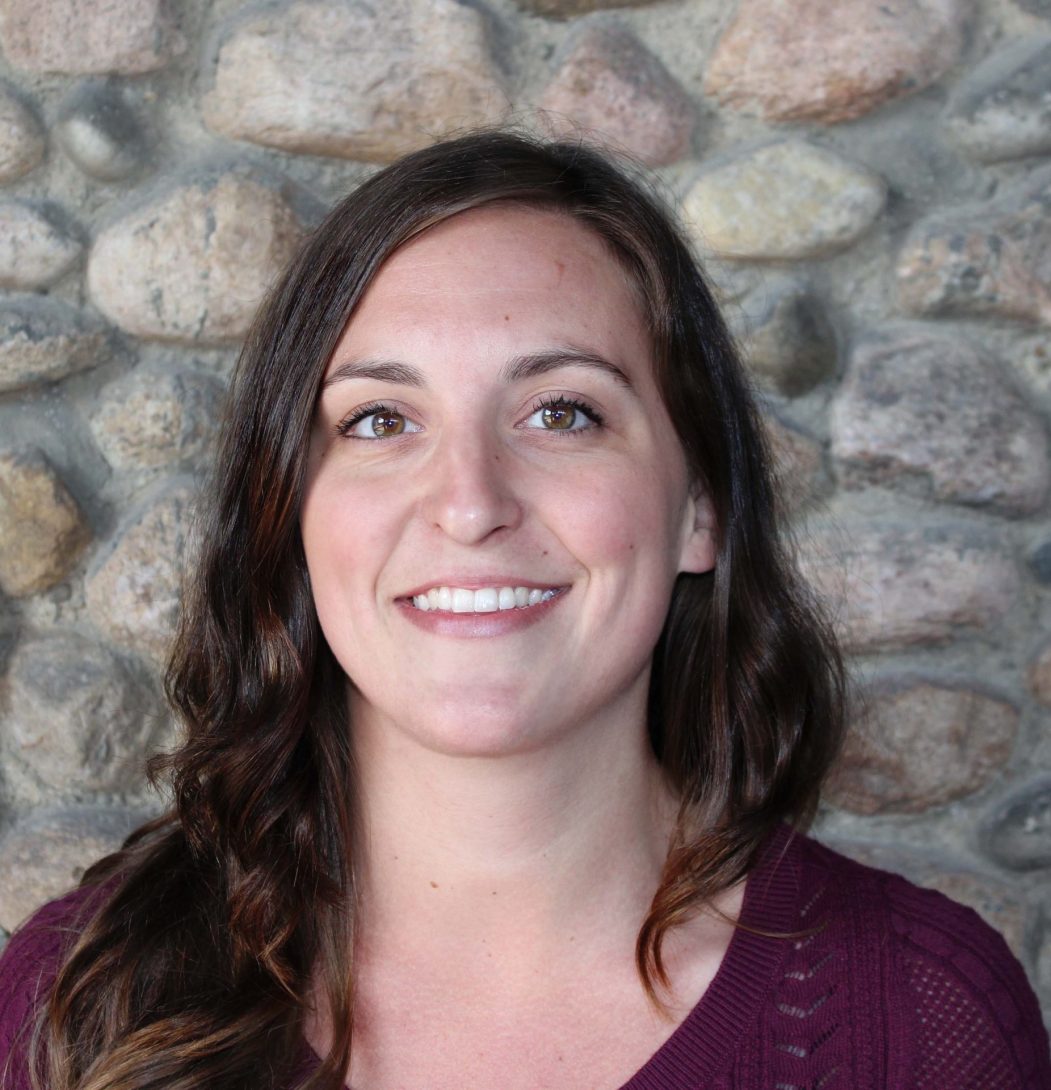Dr. Tianna Peller Co-Authors Landmark Global Biodiversity Study in Nature
We are delighted to share that Dr. Tianna Peller, who will join the Department of Ecology and Evolutionary Biology on July 1, 2025, has co-authored a major new publication in Nature, one of the world’s most prestigious scientific journals. The article, titled “The global human impact on biodiversity”, represents one of the most comprehensive global syntheses of how human activities are altering biodiversity across ecosystems.
As second author, Dr. Peller played a key role in the coordination, analysis, and writing of the study, which compiled over 2,100 publications and 97,000 site comparisons from around the world. The authors quantified the effects of five principal human pressures—habitat change, resource exploitation, pollution, climate change, and invasive species—on biodiversity across terrestrial, freshwater, and marine ecosystems.
The findings of the paper are striking: although human pressures consistently alter species composition and reduce local biodiversity, the long-assumed outcome of homogenization—where different communities become increasingly similar—was not consistently observed. In fact, the research reveals a far more complex picture, with biodiversity effects strongly mediated by scale, organismal group, and type of pressure. The authors’ nuanced insights provide a crucial benchmark for shaping global conservation strategies in the face of accelerating ecological change.
This publication highlights Dr. Peller’s ongoing commitment to advancing large-scale, data-driven approaches to ecology and conservation biology. Her interdisciplinary research bridges computational ecology, empirical ecology, and global change science. As a member of the department, Dr. Peller will continue developing innovative frameworks to understand the dynamics of biodiversity and ecosystems in the Anthropocene.
“We are thrilled to welcome Dr. Peller to our department,” said Professor Joel Levine, EEB Chair, “and this groundbreaking paper is a powerful indication of the depth and relevance of her scholarship. Her contributions will be invaluable to our teaching, research, and global engagement missions.”
The full article can be accessed here: https://doi.org/10.1038/s41586-025-08752-2

